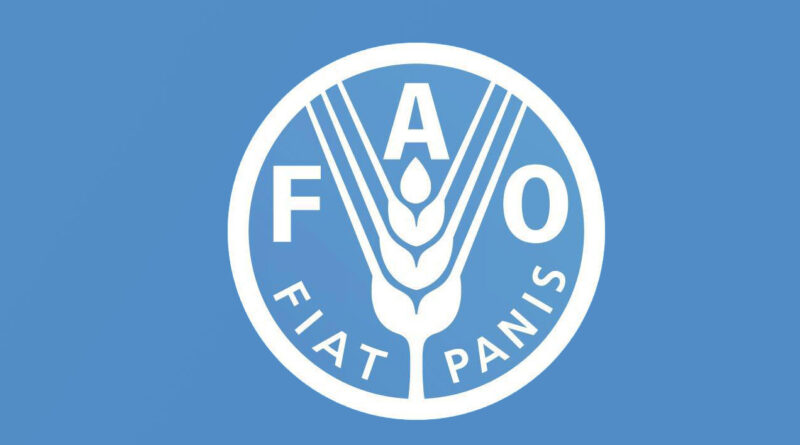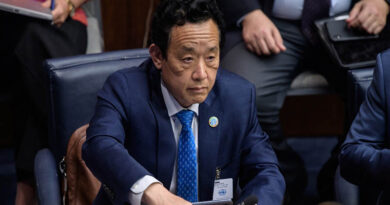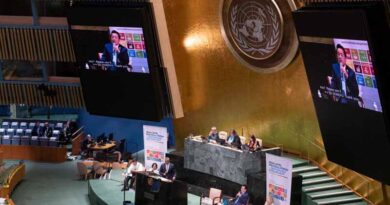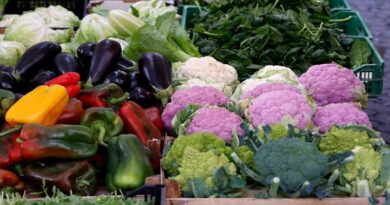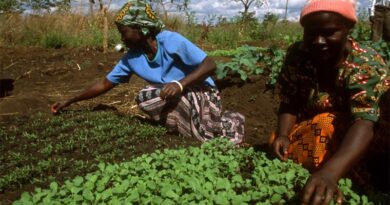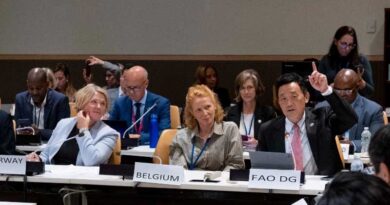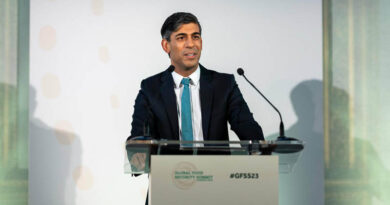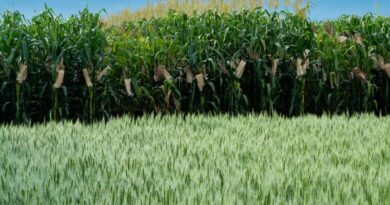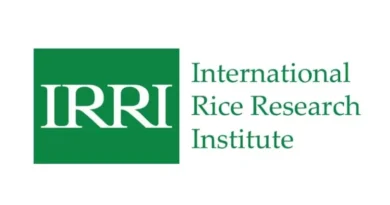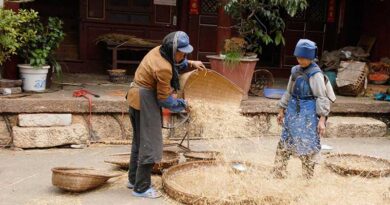Director-General warns that we are at a critical moment in time, in his lecture at Federico II University in Naples
19 July 2023, Italy: FAO Director-General QU Dongyu delivered a Lectio Magistralis at Federico II University in Naples in which he highlighted that we are facing an “astonishing wake-up call” on the fragility of the world’s agrifood systems, with the COVID-19 pandemic and the war in Ukraine exacerbating trends that have been driving global hunger rates up for seven years in a row.
“We are at a critical moment in time. We are starting to see a convergence of factors that, if ignored, threaten to prevent us from ending global hunger and malnutrition in all its forms,” Qu said.
“We need to do things differently than in the past, and our agrifood systems need to be transformed.”
The Director-General was invited to give the lecture by Rector Matteo Lorito. During his visit to Naples, Qu and a delegation of senior FAO officials visited the university’s Agriculture Department, inspecting the Chinese Room, genetics laboratories and a European Space Agency facility as well as the Agritech and Apple academies for specialized research.
In his lecture titled “Prospects of global food security. Challenges and opportunities”, Qu emphasized the importance of science, inclusive policies and holistic approaches that integrate agrifood and environmental concerns, all with a focus on mapping “where we are now and where we need to be by 2030.”
With around 735 million people in the world facing hunger in 2022 according to FAO’s latest report on The State of Food Security and Nutrition in the World – 122 million more than in 2019 – there is a dangerous new normal of multiple crises that could lead to 600 million people facing hunger in 2030, the year when it was to be abolished according to the Sustainable Development Goals (SDGs) agreed in 2015.
Not only do our agrifood systems fail to provide adequate and accessible nutritious food, but they also entail significant environmental impacts, contributing to high food waste and loss, air pollution, greenhouse gas emissions, loss of biodiversity and, increasingly, inequality, all of which pose costs running into the trillions of dollars, Qu said.
What is to be done
The way forward, the Director-General said, will require understanding the challenges facing us through an integrated agrifood systems lens and acting holistically, always looking for synergies and consequences in the pursuit of solutions. He emphasized that there are pathways that simultaneously address hunger and climate change, and there are ways to design policies and tools that help the poorest, many of whom are rural food producers themselves.
There are not, however, one-size-fits-all templates. For example, some lower-income countries may need to increase their carbon footprints to meet the dietary needs of their populations, particularly to prevent malnutrition. However, even as holistic solutions must be context specific, solutions must be found and “it is critical that we begin to do this and do this at scale,” Qu said.
FAO’s efforts to help future proof the planet is guided by its Strategic Framework 2023-32, centered on the strategic narrative of leaving no one behind through efficient, sustainable, inclusive and resilient agrifood systems for Better Production, Better Nutrition, a Better Environment, and a Better Life – the Four Betters, which represent an organizing principle to guide FAO’s contributions to the SDG agenda.
To accelerate the process, FAO is applying four cross-cutting accelerators: technology, innovation, data and complements such as governance human capital and institutions in all programmatic interventions.
The Director-General cited other guiding frameworks, including the “Three Cs”: capacity development, content relevant to smallholders and amenable to local appropriation, and context. The “Three Ss” offer another framework, particularly for boosting digitalization to benefit agriculture: Keep it simple, sustainability and a system approach.
Megatrends
In his Lectio Magistralis, Qu also highlighted several megatrends that are changing and shaping the world’s agrifood systems.
-Demography and urbanization, with strong growth in regions such as Africa and stabilization and even declines in other areas;
-Industrialization, which lifts incomes but can widen inequality;
-Climate change, resource scarcity and the need for carbon neutralization;
-Evolving consumption preferences in terms of health and nutrition;
-Rapid technological change and innovation;
-Digitalization and the generation, control, use and ownership of big data;
-Geopolitical instability and the increasing impacts of conflicts;
-Uncertainties, underscored by the COVID-19 pandemic and extreme climate events.
The Director-General’s lecture emphasized how these trends interact in ways that must be understood to design effective and targeted solutions.
Also Read: LI-COR onboards new distributor DTPLENVIRO Techsolutions to expand its presence in India
(For Latest Agriculture News & Updates, follow Krishak Jagat on Google News)

